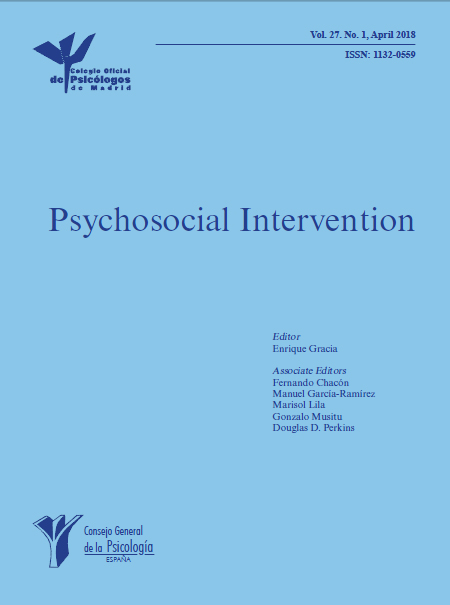
Judicial judgement-making and legal criteria of testimonial credibility
[Judicial judgement-making and legal criteria of testimonial credibility]
Mercedes Novo and Dolores Seijo
Abstract
Judicial judgement-making in legal and forensic settings is characterised by the information-loss model. In comparison to formal reasoning styles, in which information is processed in detail, judicial reasoning styles are mainly informal. Moreover, the experimental literature regarding judges and juries has revealed that reliability is the corner stone of legal judgement-making in legal contexts. This study aims to assess the underlying legal criteria assigned to the credibility of testimonies by judges by evaluating the court archives of judicial judgements in which the verdict rested entirely on the credibility of testimonies. Moreover, given the prevalence of informal reasoning in this context, an analysis was undertaken to determine the use of heuristics which are indicative of informal reasoning. In addition, an analysis of the interaction of both variables and their effect on joint decision-making by legal experts and lay people was assessed. Finally, bearing in mind the limitations of this study, the results are discussed in terms of their implications in the evaluation of testimonial credibility in judicial proceedings.
Resumen
Copyright © 2026. Colegio Oficial de la Psicología de Madrid















